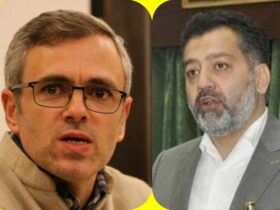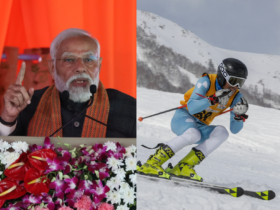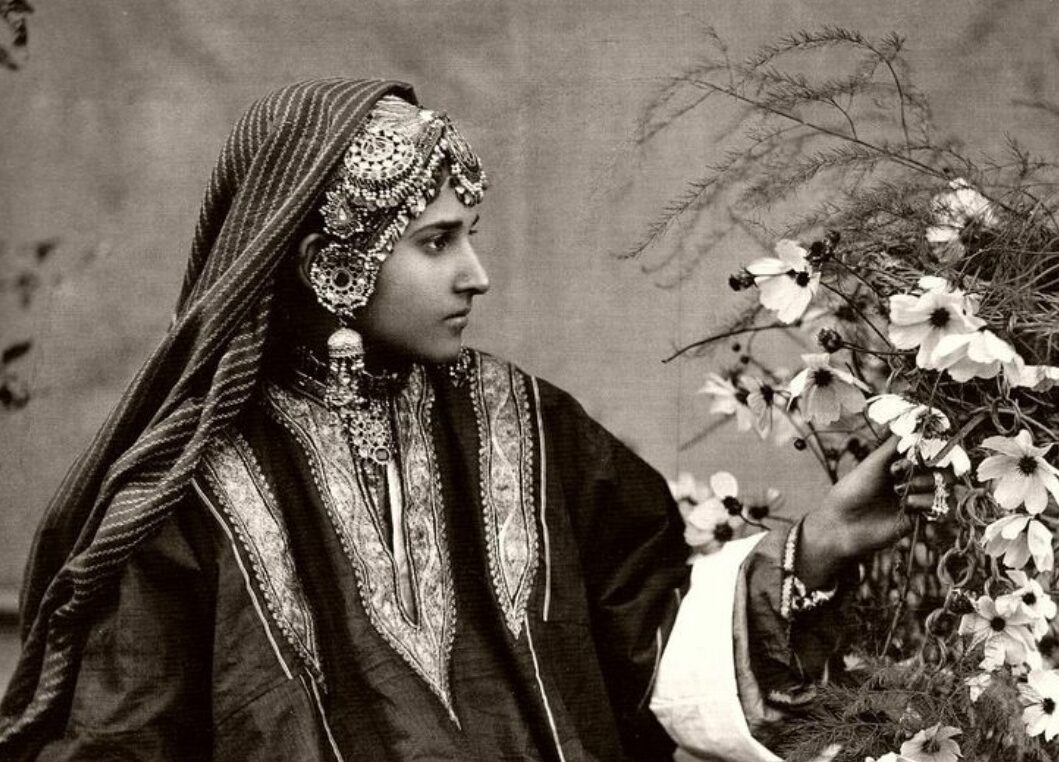Z G Muhammad
The much hyped meeting of the National Security Advisors of India and Pakistan converted the corporate television studios into war rooms. The reason for the high voltage drama that dominated the television studios and the newsrooms and engaged the two countries in war of words was Pakistan symbolically attaching primacy to the Kashmir Dispute by inviting leaders of the Hurriyat Conference to a reception-meeting with NSA, Sartaj Aziz.
The NSA meeting had been slated, after Modi and Nawaz Sharif met in July at Ufa in Russia. Notwithstanding, Pakistan representatives goof up in allowing deletion of Kashmir from the joint statement, it was expected to give a new start to the suspended dialogue between the two counties. New Delhi, had called off the Secretary Level talks in August 2014 in protest against Pakistan High Commissioner in New Delhi meeting the Hurriyat leaders for taking them on board before the talks- a practice in vogue for over one and half decades. There are number of instances, when New Delhi, either on its own or on nudging from Washington facilitated meeting of the Hurriyat leadership with Pakistan leadership or facilitated their travel to Pakistan enabling Islamabad to take them on board on the Musharraf’s four point formula, even without a valid Indian passport. India and Pakistan, undoubtedly have many outstanding security and trade related issues. Nonetheless, it is a historical reality that Kashmir Dispute is the axis around which all other issues revolve.
India-Pakistan dialogue on Kashmir and other outstanding issues have a bad history of starting with a media build-up but crumbling with a thud. Mostly, it has been the USA prodding that has brought them to the table. This time, the talks turned sour before they could take-off because New Delhi asked Islamabad to adhere to the red line it had drawn at the time of calling off the Secretary level talks and Pakistan refused to ‘accept the advice and depart from the established practice of meeting the Hurriyat leaders during the high profile visits.
The question that begs an answer is why despite shoves from the UN or a third party like Washington, the talks between the two countries even after covering much of a ground always end in a fiasco. In the recent history the Vajpayee-Musharraf talks at Agra or Musharraf-Manmohan dialogue failing at signature stages could be classical examples. One, of the important reason for every-dialogue process failing towards the end is the bureaucracy and the establishment in New Delhi having adopted a trite and ill-conceived ‘Nehru doctrine’ as its bible for past sixty seven years for addressing the Kashmir problem. And after Nehru’s death willy-nilly, all the governments including the NDA have been guided by this doctrine.
The fulcrum of the ‘Nehru doctrine’ has been ‘procrastination’. One needs to flip through the pages of Kashmir dispute, to understand this doctrine’ in detail how during past sixty seven years it has contributed to the non-resolution of the Kashmir dispute, perpetuation of acrimonious relations between the neighbouring states and turned South Asia into a nuclear flash point and created to quote Madeline Albright a ‘uniquely dangerous situation’.
“Nehru passion for Kashmir affected his political and diplomatic judgment”, as pointed out by Wolpert, ‘He lavished India’s martial and material resources on the “defence” of Kashmir without asking the people of Kashmir if they wanted him to do so.’ It was because of his befuddled judgment that he committed a faux pas by taking Kashmir to the United Nation instead of heeding to Jinnah’s three point formula of resolving the dispute bilaterally. Nehru later on regretted his decision. Had Nehru agreed to Jinnah’s formula, Joseph Korbel some sixty years back had rightly observed, ‘Jinnah, Nehru and Mountbatten could have solved Kashmir dispute in 1947 only at the council of table what bullets, political manoeuvring and diplomatic efforts have not yet solved.’ In dealing with Kashmir Nehru instead of showing statesmanship adopted pedestrian political trickeries of engaging in dialogue and walking out in the end. Besides, reneging UNSC resolutions his ‘one step forward two step backward’ approach to one after another proposals by UN envoys in Kashmir including regional plebiscite proposal by Owen Dixon and to Kashmir related bilateral talks instead of burying the hatchet has proved counterproductive for peace in South Asia.
Dialogue, Nehru believed means, a diversionary tactics for offsetting international pressure and for buying time and not resolving the dispute. In 1953, after his falling-out with Sheikh Abdullah and realizing that India would lose if a plebiscite was held in Kashmir, he showed his readiness to Paul Hoffman’s (US Republican businessman) suggestion to have talks with his Pakistani Counterpart Mohammad Ali Bogra. The talks had generated a lot of optimism for resolution of Kashmir but Nehru never looked for resolution. He wrote to Karan Singh, that he agreed to talks to prevent Pakistan from raising Kashmir in the Security Council. In 1962, during China war, again at the behest of Washington India and Pakistan started bilateral negotiations at ministerial level and it ‘dragged on through six sessions for five months and for Nehru’s inflexibility ended without achieving anything’. Indira Gandhi, even after Shimla Agreement was guided by Nehru doctrine. She was under clause 4, of agreement bound to enter into a dialogue with Pakistan for “final settlement of Jammu and Kashmir”. And after She started dialogue with Sheikh Abdullah, true to Nehru’s policy of ‘one step forward two steps’ backward’ she never worked for implementation of clause 4 of Shimla Agreement in letter and spirit.
It is high time to bury the Nehru’s Kashmir policy of procrastination and in keeping with changing geo-political situation work for final settlement of Jammu and Kashmir on the basis of justice and fair play. This will be first step toward realizing dream of India becoming economic superpower.

















Leave a Reply